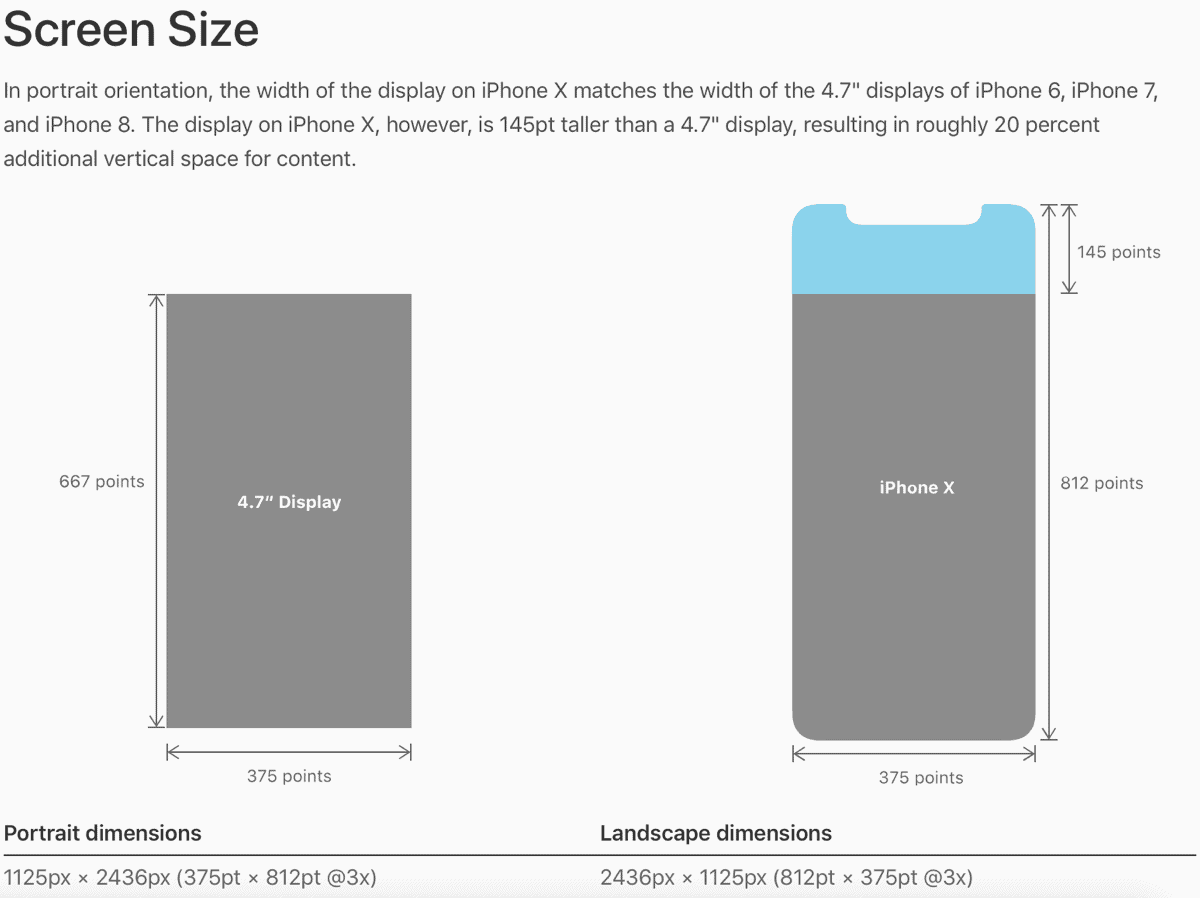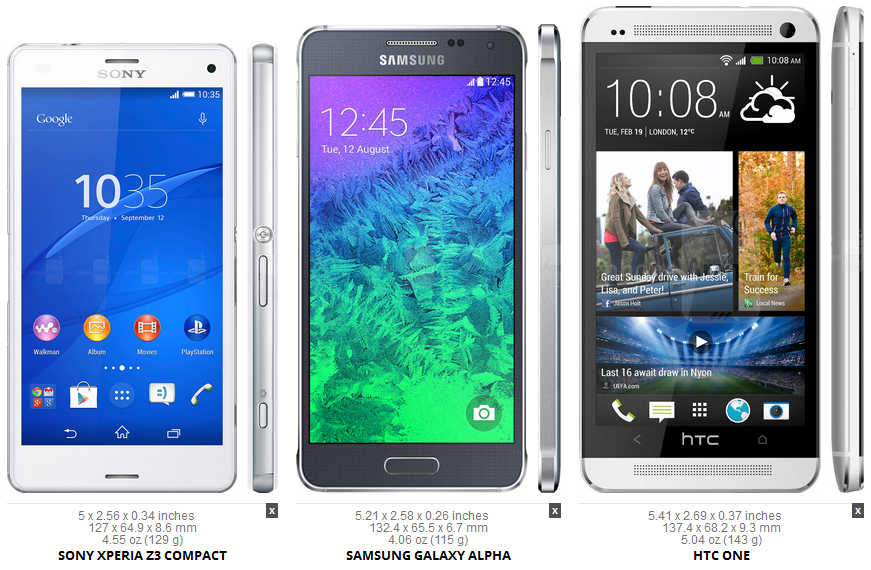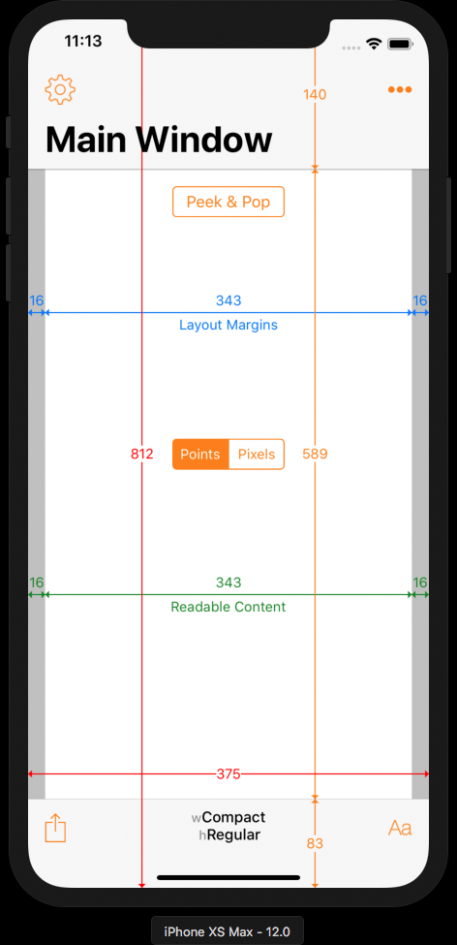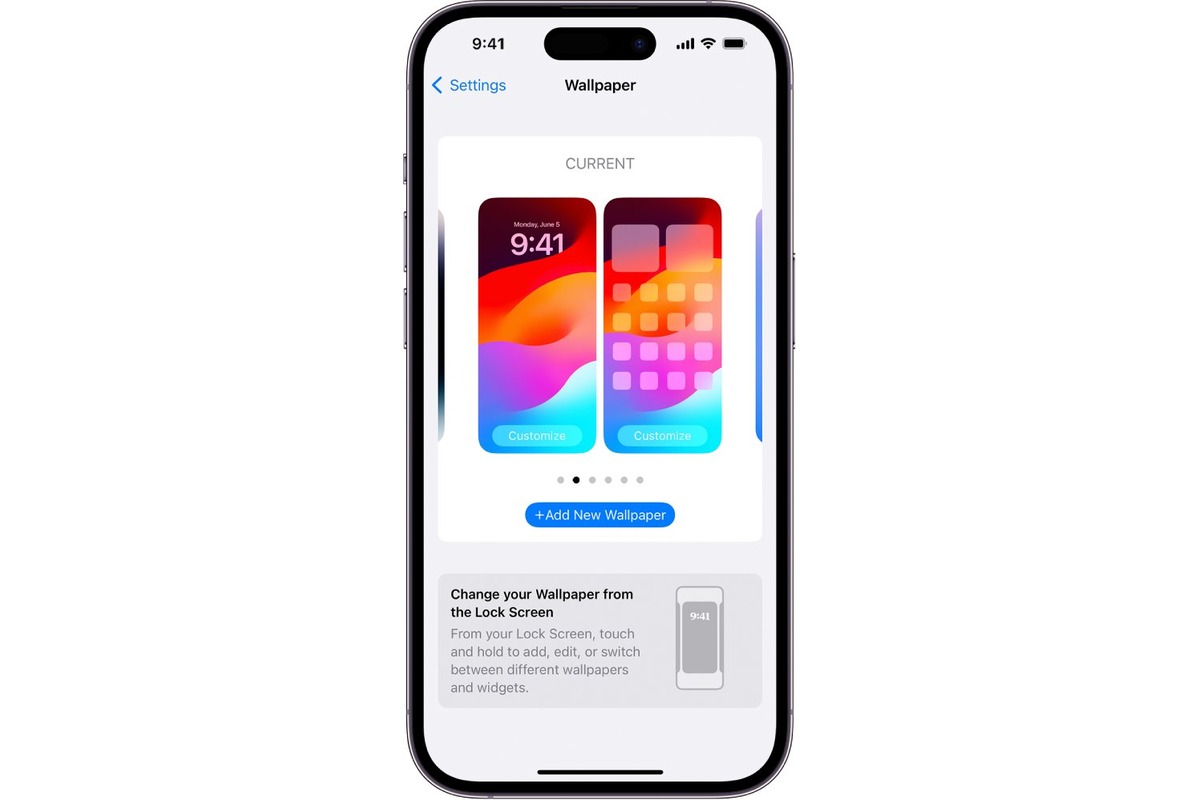Understanding Phone Wallpaper Dimensions: A Guide to Optimal Visuals
Related Articles: Understanding Phone Wallpaper Dimensions: A Guide to Optimal Visuals
Introduction
With enthusiasm, let’s navigate through the intriguing topic related to Understanding Phone Wallpaper Dimensions: A Guide to Optimal Visuals. Let’s weave interesting information and offer fresh perspectives to the readers.
Table of Content
Understanding Phone Wallpaper Dimensions: A Guide to Optimal Visuals

In the digital age, our smartphones are extensions of ourselves, reflecting our personalities and interests. A key element in this personalization is the wallpaper, a visual backdrop that sets the tone for our digital experience. Choosing the right wallpaper involves more than just aesthetics; it requires understanding the optimal dimensions to ensure a seamless and visually pleasing presentation.
The Importance of Proper Dimensions
Phone wallpapers, unlike traditional printed images, are designed to fit within the confines of a rectangular screen. The dimensions of this screen, measured in pixels, dictate the ideal size and aspect ratio of the wallpaper. Using an image with incorrect dimensions can lead to several issues:
- Distortion: Images that are too narrow or too wide will be stretched or compressed, resulting in a distorted and unappealing appearance.
- Cropping: Images that exceed the screen’s dimensions will be cropped, potentially hiding important elements or creating an uneven visual composition.
- Blurring: Images that are too small will be stretched to fill the screen, leading to a blurry and pixelated result.
- Black Bars: In some cases, images that are not the correct aspect ratio may leave black bars on either side of the screen, detracting from the visual experience.
Common Phone Screen Resolutions and Aspect Ratios
The diversity of smartphone models makes it crucial to understand the common screen resolutions and aspect ratios:
- 16:9 Aspect Ratio: This ratio, commonly found in older smartphones and tablets, has a width-to-height ratio of 16:9. Popular resolutions include 1080 x 1920 pixels (Full HD) and 1440 x 2560 pixels (Quad HD).
- 18.5:9 Aspect Ratio: This ratio, prevalent in many modern smartphones, offers a taller screen with a width-to-height ratio of 18.5:9. Popular resolutions include 1080 x 2340 pixels and 1440 x 2778 pixels.
- 19.5:9 Aspect Ratio: This ratio, found in newer flagship models, boasts an even taller screen with a width-to-height ratio of 19.5:9. Common resolutions include 1080 x 2460 pixels and 1440 x 2880 pixels.
- 20:9 Aspect Ratio: This ratio, increasingly common in high-end devices, provides an extremely tall screen with a width-to-height ratio of 20:9. Resolutions often include 1080 x 2520 pixels and 1440 x 3200 pixels.
Finding the Right Wallpaper Dimensions
Determining the optimal wallpaper size for your phone requires knowing its specific screen resolution. This information is readily available in your phone’s settings or through online resources.
Once you have the resolution, you can use online tools or dedicated wallpaper apps to find images with matching dimensions. These tools often provide pre-optimized wallpapers for various phone models, simplifying the process.
Tips for Selecting and Using Phone Wallpapers
- Consider your phone’s aspect ratio: Choose wallpapers that match or closely resemble your phone’s aspect ratio to avoid distortion or cropping.
- Optimize image quality: Select high-resolution images to prevent blurriness when displayed on your phone’s screen.
- Experiment with different styles: Explore various aesthetic themes, colors, and designs to find a wallpaper that aligns with your personal preferences.
- Use wallpaper apps: Dedicated wallpaper apps often provide curated collections, automatic resizing tools, and convenient sharing options.
- Adjust brightness and contrast: Fine-tune your phone’s display settings to enhance the visual appeal of your chosen wallpaper.
FAQs about Phone Wallpaper Size and Dimensions
Q: What if I can’t find a wallpaper with the exact dimensions of my phone?
A: If you can’t find an image with the exact dimensions, consider using an image editing program to resize or crop the image to fit your phone’s screen.
Q: Can I use any image as a phone wallpaper?
A: While you can technically use any image, it is recommended to use images specifically designed for phone wallpapers. These images are optimized for screen resolution and aspect ratio, ensuring a better visual experience.
Q: How can I ensure my wallpaper looks good on different phones?
A: To create a wallpaper that looks good on various phones, choose images with a high resolution and a neutral aspect ratio that can be easily adapted to different screen sizes.
Q: Are there any specific file formats recommended for phone wallpapers?
A: Common file formats for phone wallpapers include JPG, PNG, and GIF. JPG is generally preferred for its smaller file size, while PNG offers better quality and transparency. GIF is used for animated wallpapers.
Conclusion
Understanding phone wallpaper dimensions is crucial for achieving a visually appealing and optimized digital experience. By selecting images that match the screen resolution and aspect ratio, you can ensure that your wallpaper is displayed without distortion, cropping, or blurriness.
With a little knowledge and a few simple tips, you can find the perfect wallpaper that reflects your personal style and enhances your smartphone’s visual aesthetic.

![�� [44+] Phone Wallpapers Dimensions WallpaperSafari](https://cdn.wallpapersafari.com/67/33/N0K9wl.png)



.png)


Closure
Thus, we hope this article has provided valuable insights into Understanding Phone Wallpaper Dimensions: A Guide to Optimal Visuals. We thank you for taking the time to read this article. See you in our next article!